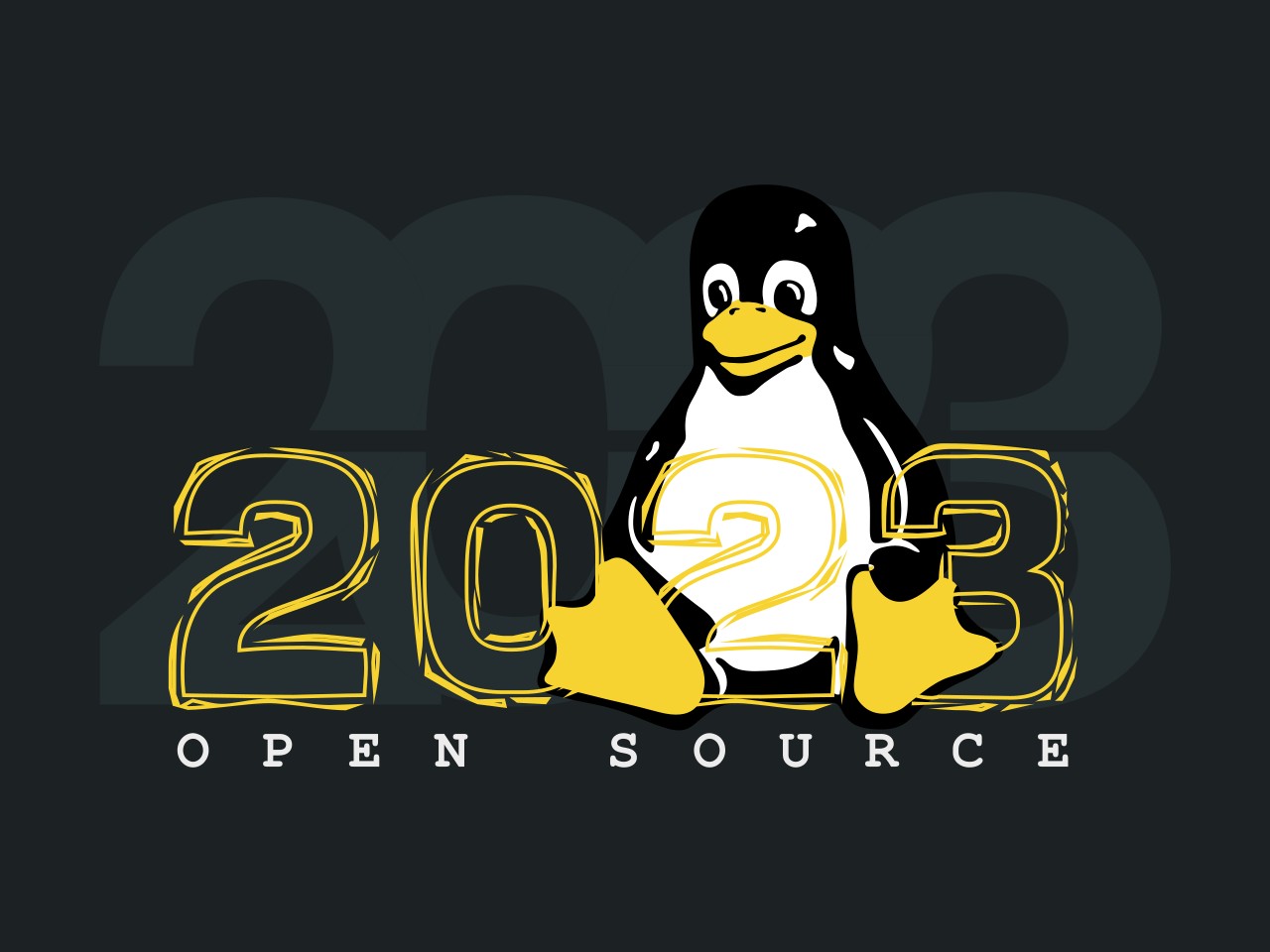As long as there's one X11 application which relies on libx, Weston will be definitely needed.
Why?
I admit I've only ever used BSDs (FreeBSD and OpenBSD, specifically) in headless networking hardware but, as someone who's written the odd thing against python-xlib or xcffib (Python xcb bindings) and has been daily-driving Linux for desktop use since the early 2000s, I was under the impression that it didn't matter whether your application used Xlib or xcb because both were just abstractions over the same underlying wire protocol and optional SHM extensions.
How else would you be able to forward even something like a GTK 3 or Qt 5 app over SSH and only suffer "VNC at best" performance as a downside?
Xwayland is equivalent to Xephyr but you probably don't run your Window Manager of choice in a nested Xephyr session do you? Do you know anyone who does? Imagine that KDE could only run in an Xnest / Xephyr instance so couldn't actually handle any of the windows that pop up natively. Would that be a good experience? This is what a user running Mwm, Fvwm and other standard Window Managers would face.
XWayland originally
only supported rootless mode, with rootful mode (the Xephyr-like one) only getting
attention much more recently.
Think less "Xephyr" and more "An ordinary looking desktop except that the X11-only applications like xprop/wmctrl/etc. can't manipulate or snoop on input events from the Wayland windows for security reasons".
KDE even wrote a
proxy that allows forwarding of Wayland windows or the whole screen into a hidden XWayland window so screencasting can work with applications that don't do Wayland.
As for running an X11 WM to manage Wayland windows, people like me who just need to get s..t done are starting to look into options for getting actually usable desktops in a maintainable fashion using things like "Find a Wayland compositor with an X11 backend that can operate in rootless mode. Run that on top of XWayland to support Wayland-only applications, and then run XWayland in rootful mode on top of a kiosk-oriented compositor like cage or weston kiosk-shell to get a maintained X server on top of a Wayland HAL."
Widget libraries are preferring CSDs (Client-Side Decorations) which means, Server-side decorations become harder to do/impractical.
GNOME is petulantly refusing to implement the protocol extension for negotiating decorations and trying to spin "we're hamstrung by Mutter's technical debt" as "SSDs or any other reparenting-esque behaviour are inherently bad for performance".
KDE still prefers SSDs so much that they originated the protocol extension for SSDs. (Like with modern X11, one must not judge Wayland by what its core protocol looks like.)
Things that follow the GNOME HIG use GtkHeaderBar, which forces CSDs, but things which don't want to follow GNOME's lead on that can still use normal titlebars and GTK will then negotiate SSDs using the decoration protocol if offered. (eg. wxWidgets, Inkscape, GIMP, etc. etc. etc.) ...though GTK is still
dragging its heels on upgrading off KDE's old, deprecated proprietary version of the decoration protocol to the new, standard one. (According to Wayland Explorer, that shouldn't matter to end users right now since wlroots supports the old KDE-proprietary version too.)
Qt supports the decoration protocol and doesn't have a preference one way or the other.
wlroots implements the decoration protocol.
it's widely agreed that Weston has bigger points of incompleteness than the decoration protocol if you want to use it for something other than a kiosk.
People often forget that Mir still exists, so it not implementing the decoration protocol shouldn't be a concern.
Enlightenment is so forgotten that its Wayland support doesn't even get a column in the comparison tables on
Wayland Explorer.
The omission of decoration protocol support in Arcan's column in Wayland Bites is probably more in the vein of "Arcan doesn't implement decoration protocol because it'll just defer to your preference, even if that means wrapping CSDs in SSDs", given
this post by its creator which does
not have a very favourable view of them and presents a proof of concept for having Durden crop away the CSDs so they can be hidden behind a toggle-button on the SSDs.
That's partly my fear here -- the flare for individuality is diminished with Wayland because the focus appears to be more on the graphics rendering backends than it does providing the same capabilities as xorg has now -- in effect, throwing everything out with stale bath water. It's also a mammoth task in making wayland usable at the moment, when you compare that to xorg.
It's more a mix of three things:
First, GNOME being obstructionist and bikeshedding on anything that doesn't fit their vision, which draws out the process of figuring out whether things can go into the extension namespace that implies "everyone is willing to implement this".
Second, KDE and and the author of wlroots weren't really pushing very hard for most of Wayland's life, refusing to implement EGLStreams and sort of waiting for Wayland to "become viable" in the "too many people rely on nVidia GPUs" sense because of that. They are only now building up inertia to counterbalance GNOME and steer the set of available features in new directions.
Third, the protocol extension discussion is taking a Rust-ish "Let's not rush things. We have to support this effectively in perpetuity" approach to protocol design.
When this happens, applications using such a widget library would be unable to compile on top of xorg, hence they'll become Wayland-only.
See previous comment about Wayland-as-API/XWayland/Wayland-as-HAL stacks.

